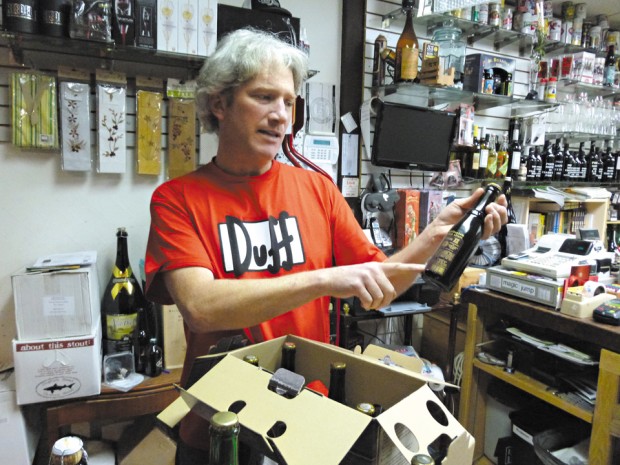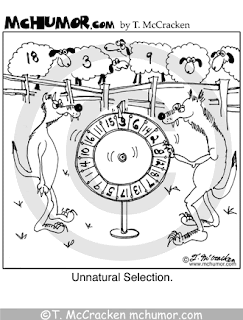All you need is love...and two other things.
I've spent a lot of time in thought lately about why people have problems with each other and, while that is natural and even acceptable, how we can get over those problems to still be able to cohesively be a part of the same community without a lot of lingering angst. I keep coming back to the same idea without a way to really defeat it: love. Not based on how well someone does their job, whether they smile at us in the hall, whether we like them or not, agree with their personal beliefs, but love that is unconditional. And it doesn't have to be a lot. Just a tiny, tiny bit. If we felt the tiniest bit of unconditional love towards every other person, how much better would things be? It would be easier to forgive people when they wrong us (perceived or actual), it would be easier to disagree and still get things accomplished. It would make life more enjoyable. We wouldn't have to show it necessarily, just feel it internally and recognize it when it came time to rely on it.
Hypothetical: If there was a staff member who I strongly disliked/wronged me/thought did a terrible job/etc., and I saw them crying alone, what would I do? Keep walking; give support, but with conditions; or just give support regardless?
It doesn't mean we don't have conflict between one another, but that the conflict is confined to a single situation and doesn't overlap to the point where it's only what we have with that other person.
Emotionally, people need 3 things from others (regardless of their age, talents, deficiencies, position, or any other definable feature):
- love
- respect
- purpose
It can be argued that respect is a filtered form of love and also that you cannot have purpose without respect. As a school, do we have systems in place to cover those? Purpose, yes; respect, sort of; love, no. And even with regard to purpose, how much of that system is based on respect? What do our personal, internal systems show with regards to those 3 things through our actions towards others?
When I was a Special Education Instructional Assistant substitute educator in Salem, these 3 things are what I lived by (though I was only able to define them recently, I just went by "feel"). I would go from school to school, program to program, room to room, kid to kid. Kindergarten, high school, college prep, all types of Special Ed rooms, and everything in between. Unlike a teaching sub, I wouldn't have the luxury of being able to deflect student issues amongst 30 students, I had to focus mostly on one student, and it was usually the most difficult one. And while the other workers would have weeks to build a rapport with a high-maintenance student, I'd have minutes at best before I saw flames reaching over the edge of the handbasket the student and I were in together. When things would start going south, I'd try and recognize how I was failing that other person, how they were failing me, how we were failing each other, leaving out emotions like guilt, hurt, shame, embarrassment. "How can I solve this within two minutes?" Smiling was almost always part of the solution. I'd always try and cover the difference as much on my own as I could and that would usually make the other person feel comfortable and willing to cover the rest of the way. We have to be willing to recognize when we're failing other people, then be willing to do something positive about it, even if they're hurting us. We also have to be willing and able to recognize when someone else is failing us, yet is unable or unwilling to cover it on their end.
Regardless of what problems, either as individuals or overall as a school, we think we may have, don't they all boil down to one or more of those 3 things lacking in a given situation, from one or both sides, and in varying degrees? How can I solve an interpersonal issue quickly, respectfully, in a way that will last? While doing this, I have to realize that there’s a good chance I’ll have to give more than the other person, and that this may never be reciprocated down the road. I’m okay with that. Tiny bits of unconditional love.
Tony Cannon is a father, husband, professional educator, amateur photographer, and recreational philosopher, among other things. He frequently blogs about hiking at http://wildumpqua.blogspot.com/.
























